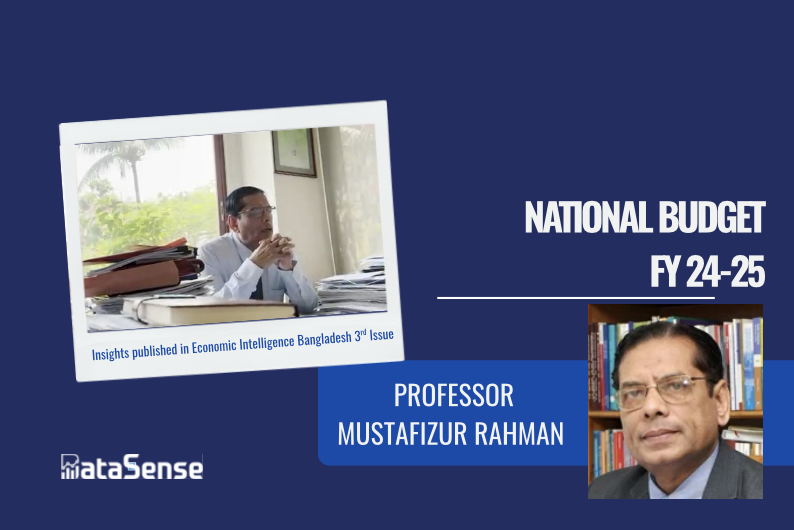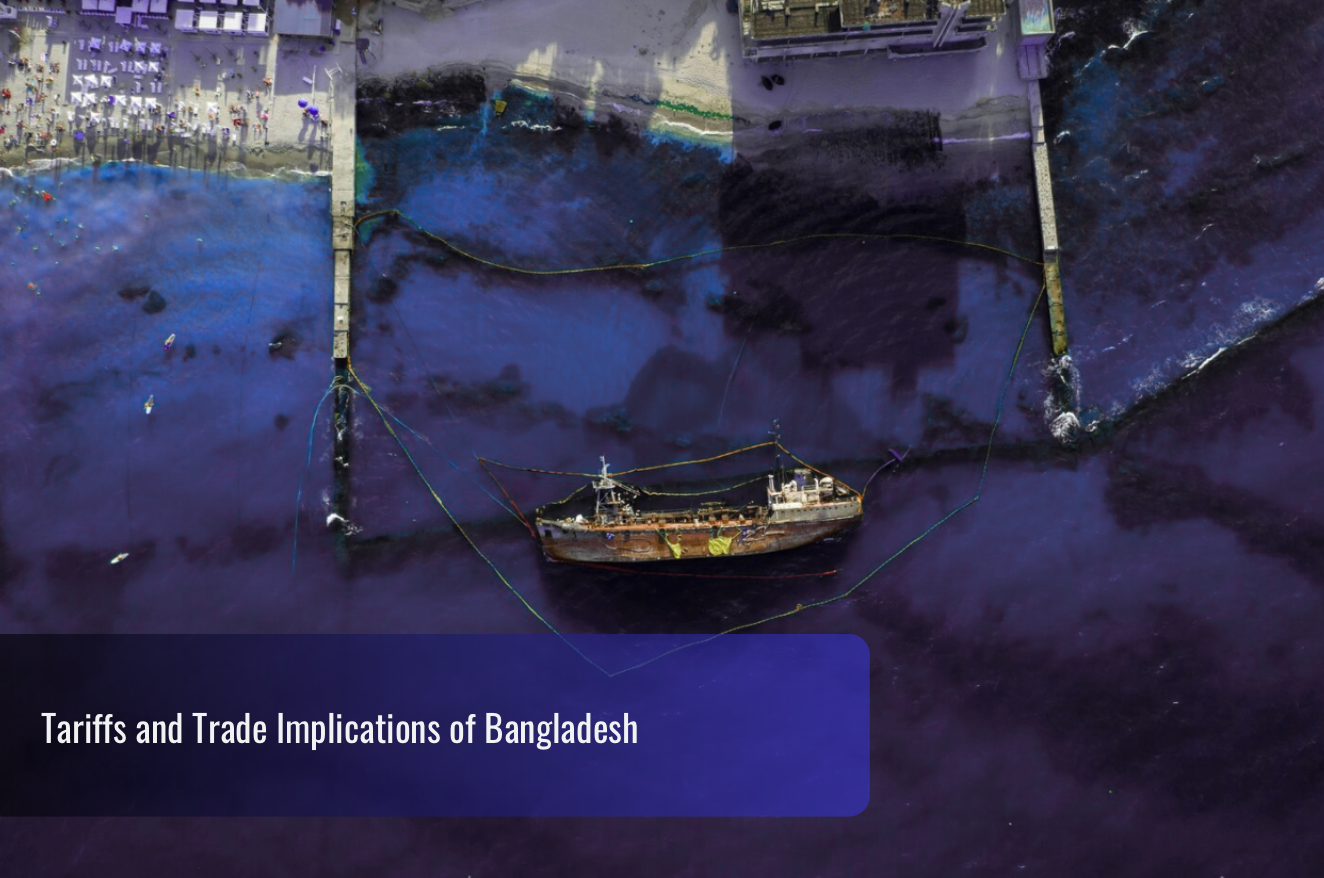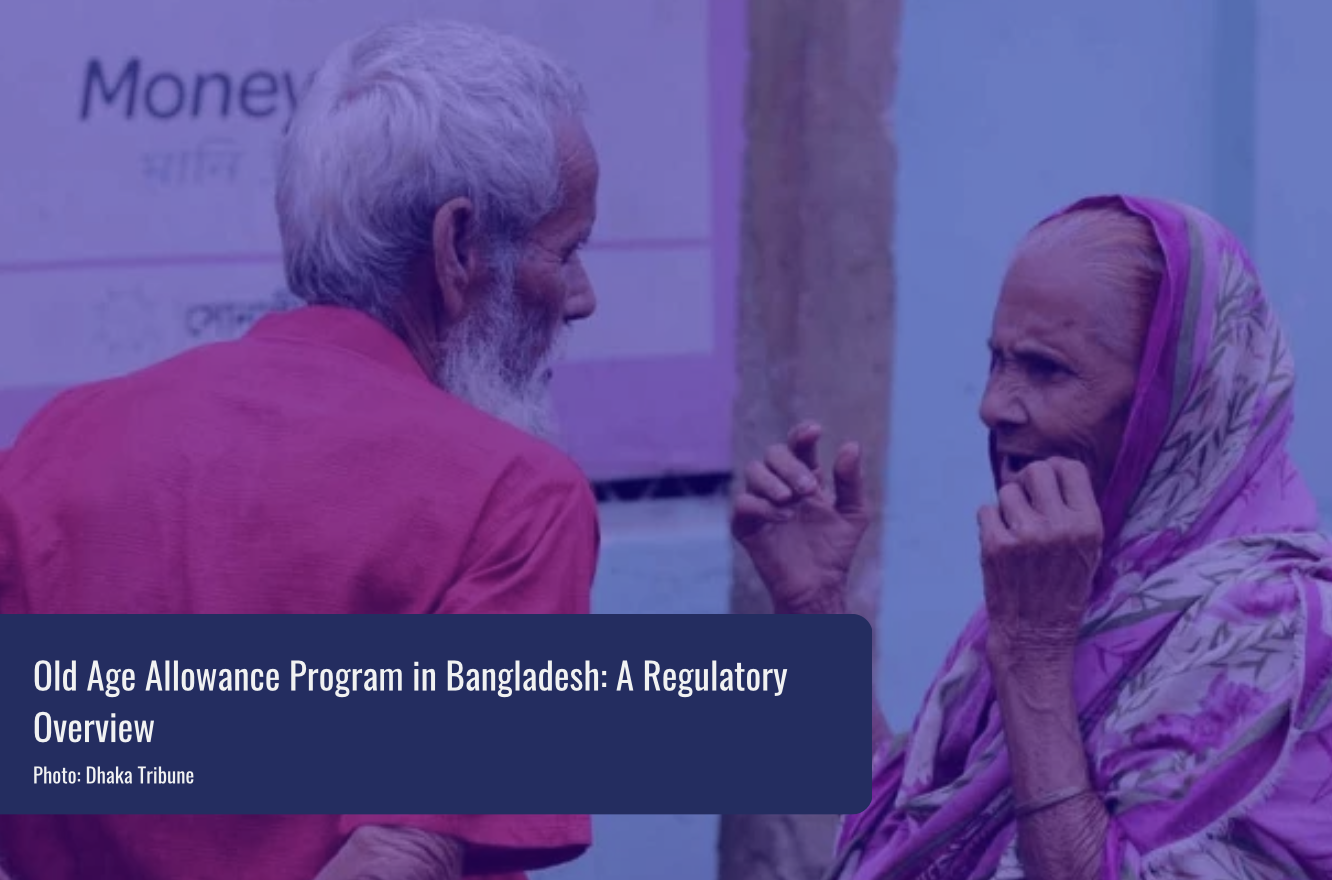DataSense interviewed a leading economic expert, Professor Mustafizur Rahman, to identify the core challenges confronting the Bangladesh National Budget for Fiscal Year (FY) 2024-25. The discussion focused on how to restore the economy’s foundational strengths and prepare for a critical transition in global trade. His insights are originally published in Economic Intelligence Bangladesh’s 3rd Issue: https://intel.tbsnews.net/issue-3/
Challenge 1: Restoring Macroeconomic Stability
Bangladesh’s recent economic setbacks—high inflation, low reserves, and an unstable exchange rate—demand immediate attention. The top priority for the new fiscal year must be the restoration of macroeconomic stability.
| Challenge | Impact & Remedy |
|---|---|
| High Inflation & Exchange Rate Volatility | The depreciation of the Taka risks imported inflation. Stability requires aligning monetary and fiscal policies while improving market management from the import gate to the retail level to dismantle supply chain syndication. |
| Investment vs. Interest Rates | As market-oriented interest rates rise, they negatively impact private sector investment. The solution lies in improving the overall cost of doing business and raising the efficiency of institutions related to investment. |
Challenge 2: Enhancing Governance and Institutional Efficacy
Weak governance and institutional inefficiency are acting as significant obstacles, undermining the country’s economic potential. Corruption, wastage, and leakage are making the economy less competitive and compromising returns on public investments (e.g., infrastructure over-capitalization).
- Zero Tolerance: A system of zero tolerance must be enforced against malpractices, corruption, and money laundering.
- Institutional Independence: Key financial institutions, including the Central Bank (BB), the Financial Intelligence Unit (BFIU), and the Anti-Corruption Commission (ACC), must be given the independence to carry out their mandated tasks without political or governmental pressure.
- Decentralization: Improving the state of governance requires the decentralization and devolution of power to enhance accountability and transparency in service delivery.
Challenge 3: Low Domestic Resource Mobilization (DRM)
Bangladesh suffers from one of the lowest Revenue-to-GDP ratios globally. This severe constraint means almost all annual development projects are debt-financed, increasing outstanding borrowings and rising debt servicing obligations (currently consuming about 20% of the revenue budget).
- Expand Tax Net: Focus must shift to increasing the share of direct tax and broadening the tax net to include previously untapped potential sectors, such as the digital economy and service sectors.
- Digitalization: Investing heavily in the NBR’s digitalization efforts (e-submission, automatic VAT payments) is a worthwhile investment with high returns, crucial for reducing leakage and enhancing revenue collection.
Strategic Shift in International Trade
Bangladesh’s success has historically relied on multilateral trade performance. However, the path forward is becoming more challenging due to the upcoming LDC Graduation in 2026 (with preferential market access expiring by 2029).
Post-LDC Preparedness
The economy must transition from a model based on preferential market access to one based on skills and market demand. This requires a strategic shift:
- Global Compliance: Bangladesh must strengthen compliance across all levels (enterprise, sectoral, and national) with international standards on gender rights, labour rights, and environmental protection.
- Export Diversification: Efforts must focus on diversification within the Ready-Made Garments (RMG) sector (cotton to non-cotton) and outside RMG into high-potential areas like light engineering, leather, and footwear.
- Market Access: The country must aggressively tap into the Asian market (currently only ~12% of exports) through regional and sub-regional cooperation, including pursuing strategic Free Trade Agreements (FTAs) and Comprehensive Economic Partnership Agreements (CEPAs).
- Connectivity Triangulation: Economic advancement hinges on a powerful triangulation of investment, transport connectivity, and trade connectivity.
This interview was conducted by Munzeleen Sarwar and Ainan Tajrian.





